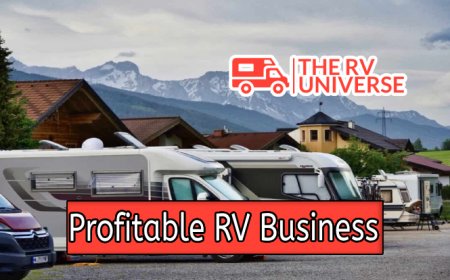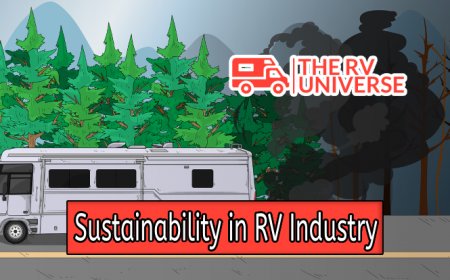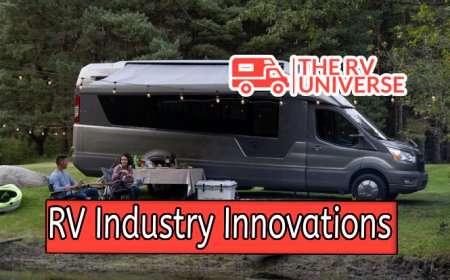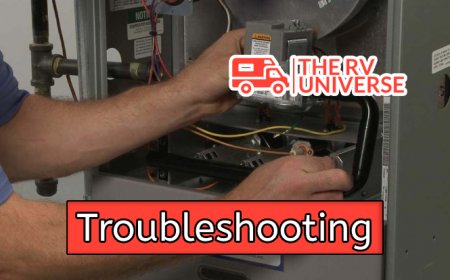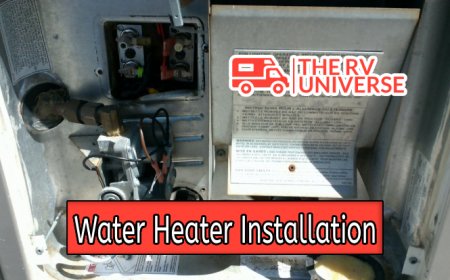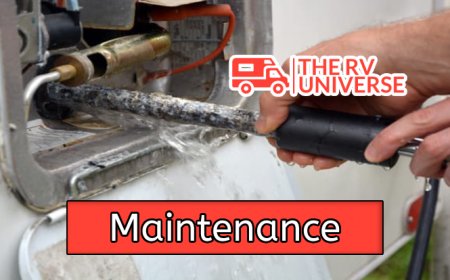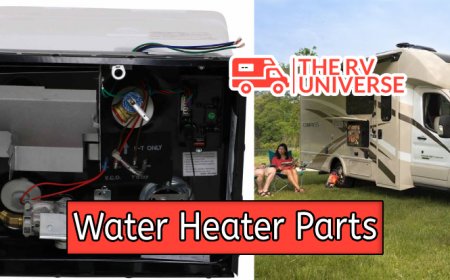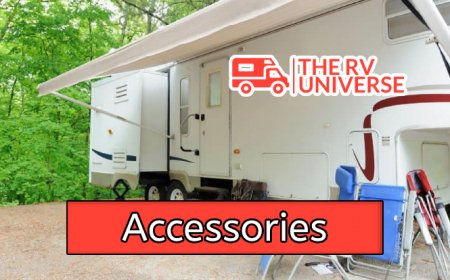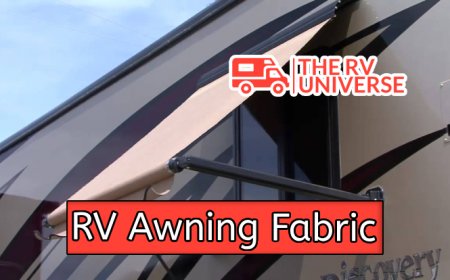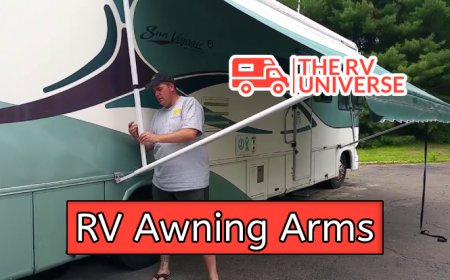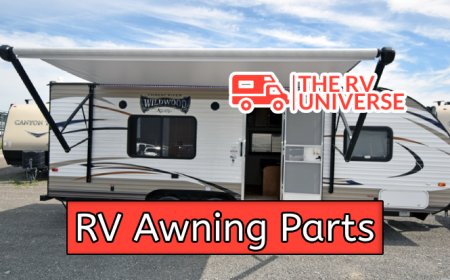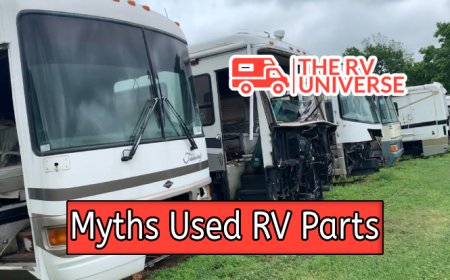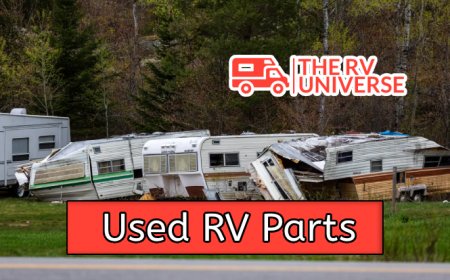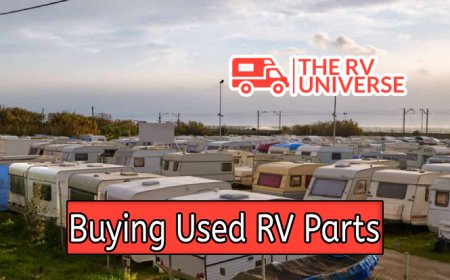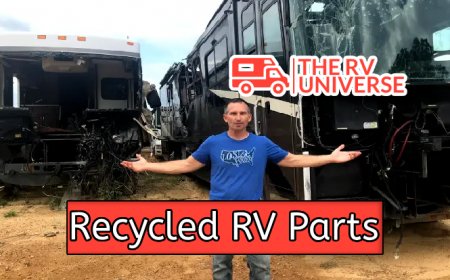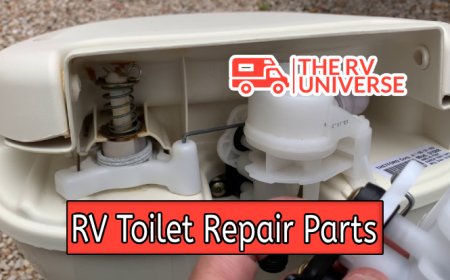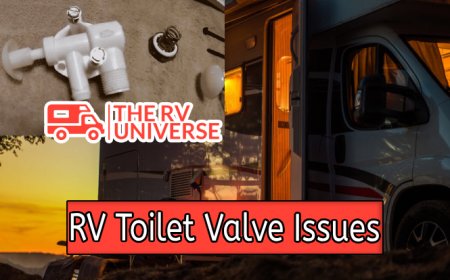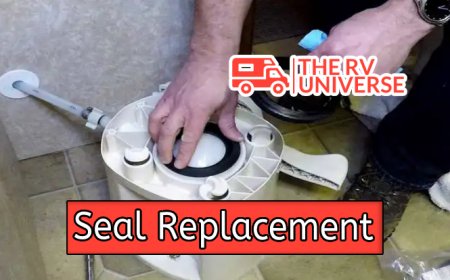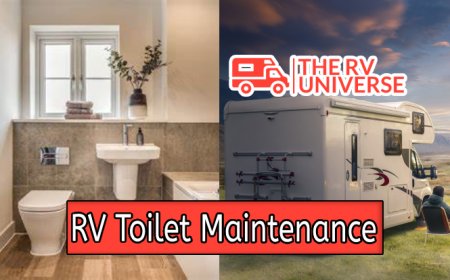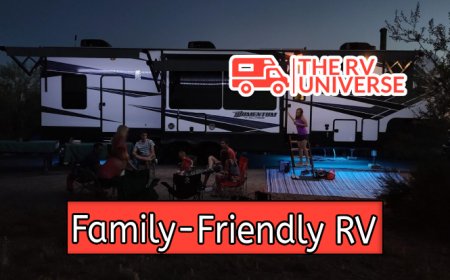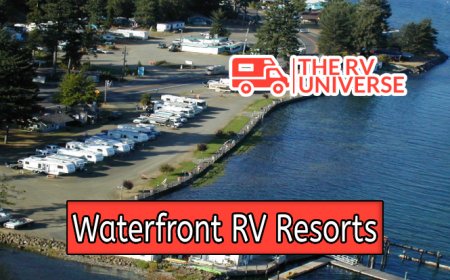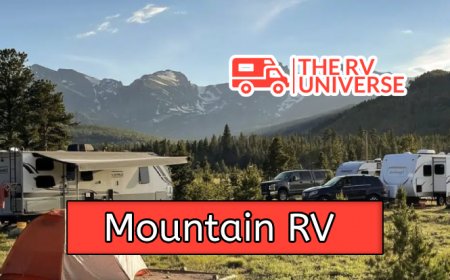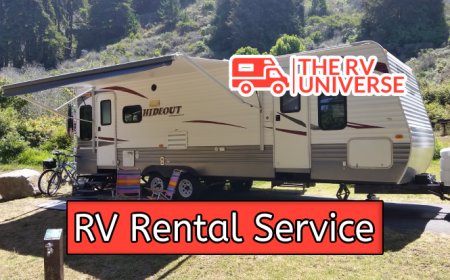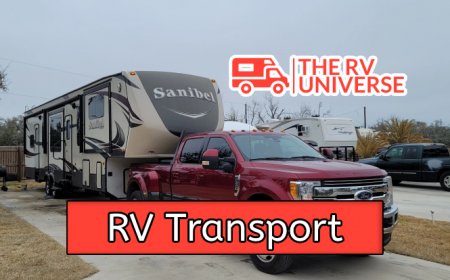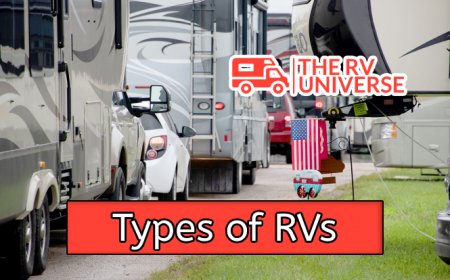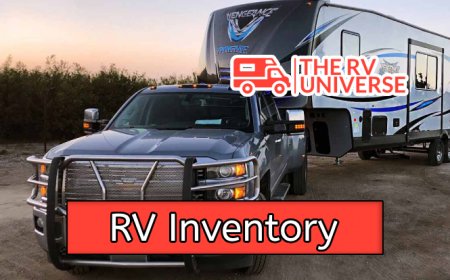RV Water Heater Maintenance Tips
Learn how to maintain your RV's water heater with our expert tips, ensuring reliable hot water and prolonging your system's lifespan.
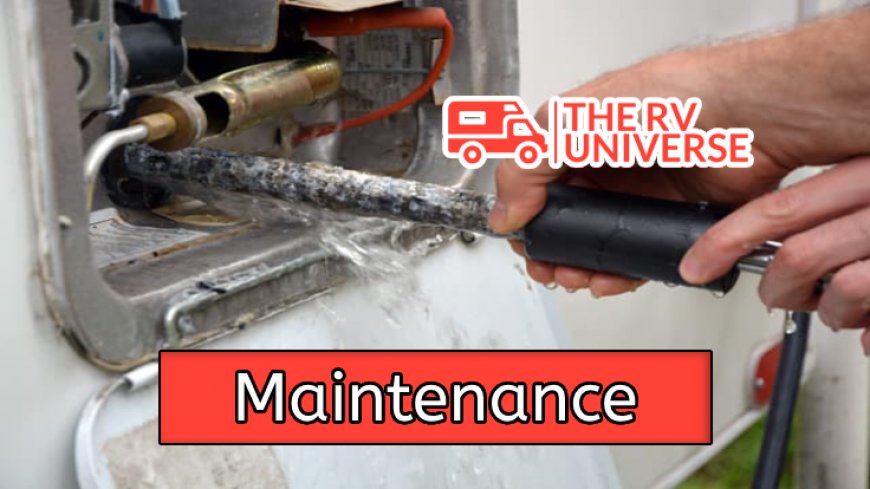
is integral to the happiness and comfort of any mobile home dweller. Having a robust and functional water heater in your RV is almost as essential as the engine itself. In this article, we'll share some tips and advice for maintaining your RV's water heater to keep it in tip-top condition and ensure every trip is a cozy one.
Mastering RV Water Heater Maintenance
Just like a conventional water heater, your RV’s version also requires regular care and attention. Doing so could save you from inconvenient breakdowns and even expensive repairs down the line.
Table of Contents
- Getting Started with RV Water Heater Maintenance
- Incorporating Maintenance Into Your Daily Routine
- Troubleshooting Common RV Water Heater Issues
- Winter RV Water Heater Maintenance
- The Importance of an Annual Water Heater Checkup
- When to Hire a Professional for RV Water Heater Maintenance
Getting Started with RV Water Heater Maintenance

To start with, it’s important to understand the two types of water heaters typically found in RVs. You have your pilot light type and a direct spark ignition system. Depending upon the system you have, the maintenance steps will vary slightly. However, don’t worry. We've got you covered for both scenarios.
Pilot Light Water Heater
Pilot light water heaters are fairly straightforward to maintain. Here’s a step-by-step guide:
- Step 1: Always start with turning off the gas supply to the heater and letting it cool down. Safety first!
- Step 2: Inspect the vent area for any blockages. A physical check with a flashlight will be sufficient for this.
- Step 3: Remove any debris you find during inspection. Be gentle to avoid damage to the vent.
- Step 4: After cleaning, recheck to ensure no debris was left behind.
- Step 5: Conduct a final safety check before turning the gas supply back on.
Direct Spark Ignition Water Heater
For direct spark ignition systems, the task is somewhat similar, but with a few extra steps. Pay close attention to each point, as incorrect handling can lead to significant damage.
- Step 1: As with pilot light systems, you should begin by turning off the gas supply and allowing the unit to cool.
- Step 2: Open the panel and disconnect the wires after checking their specific locations. Take care not to mix up the wires.
- Step 3: Clean the flue box carefully, taking care not to dislocate or damage anything.
- Step 4: Carefully reconnect the wires according to the positions noted earlier.
- Step 5: Recheck all elements before reigniting.
Incorporating Maintenance Into Your Daily Routine

"Maintenance didn't require a specific setting or time, it can be a part of your daily routine," says Pete, a 15-year RVing veteran. Here are a few tips to make regular RV water heater maintenance an ingrained habit.
- Regular Flush-Outs: At least once a month, drain and refill your water heater entirely. This helps to remove sediment and other impurities that can build up and hinder your water heater's efficiency.
- Quick Inspections: Every time you stop for the night, do a quick check of the water heater’s exterior. Look for anything out of the ordinary, including corrosion or leaks.
- Proper Lighting: Always light your water heater following the manufacturer's instructions and ensure the flame is consistent.
By treating these tasks as routine, you can tackle most potential issues early, prolong the life of your water heater, and maximize your comfort on your RV journeys.
Troubleshooting Common RV Water Heater Issues
Encountering problems with your water heater can be a daunting experience. However, diagnosing a few common problems can be simpler than you might think.
Issue: No Hot Water
If you're not getting hot water from your RV water heater, you may need to check a few places:
- The water isn’t hot enough: Check the thermostat setting and adjust if required.
- No power or gas supply: Ensure the power/gas is on and the connections are intact.
- Blocked ignitor: If your water heater has a direct spark ignition (DSI), ensure the ignitor isn't blocked.
Issue: Water is Too Hot
If the water is excessively hot, the high limit switch (ECO) could be faulty. It's best to consult a professional if you suspect this issue. Diving into the technicalities might not always be safe for non-experts.
Winter RV Water Heater Maintenance

Winter care for your RV's water heater is an absolutely essential part of maintenance. If left without proper protection, the harsh winter can freeze your system, causing severe damage. Let's look at a couple of steps you can take to prevent this from happening.
- Winterizing: Start by draining your water heater. Then "winterize" your water system by pumping non-toxic RV antifreeze through it. This helps to keep your pipes from freezing.
- Regular Checks: Even during the off-season, frequently inspect your water heater for leaks or other issues. Catching problems early can prevent major hassles down the road.
The Importance of an Annual Water Heater Checkup
Just as with your regular health checkups, your RV's water heater also benefits from a routine examination. An annual checkup will not only ensure your heater is running at its top efficiency but also prolong its lifespan. Here's what a typical annual maintenance might include:
Internal Tank Inspection
The internal tank of your heater can be prone to rust, corrosion, and scaly buildup over time. An yearly inspection can catch these problems before they become severe.
Checking the Burner Assembly
A healthy burner assembly is crucial to effective water heating. Checking for blockages or misalignment of the burner can optimize the functioning of your system.
Examining the Pressure Relief Valve
The pressure relief valve of your water heater is a crucial safety feature. An annual examination can ensure its efficient working and prevent potential mishaps.
While you can do these checkups yourself, many RVers prefer to hire a professional. Specially-trained technicians have the expertise to quickly spot and correct any problems. Plus, they can give your system a thorough cleaning, something most DIYers aren't equipped to do.
When to Hire a Professional for RV Water Heater Maintenance
"Knowing when to seek professional help is as important as routine maintenance. A little investment in expert servicing can save you a ton in the long run," advises Tammy, an experienced RVer. Here are a few cases where professional servicing might be necessary:
- Heater Still Not Working After Troubleshooting: If your water heater is still not functioning after troubleshooting, a service technician should be your next call.
- Serious Leaks: If there is a leak in your hot water tank or a leak that you can't find or stop, you would definitely want a professional's assistance.
- Electrical Issues: As a rule, it's best to leave electrical problems to the pros. Mistakes can be not only expensive but also dangerous.
Maintaining your RV water heater isn't just about ensuring you have hot water when you need it. It's also about prolonging the lifespan of your system and enjoying a worry-free, comfortable RV journey. So start incorporating these tips into your routine, and give your RV water heater the care it deserves.
What's Your Reaction?















